Of all organs, sometimes skin becomes last priority to our other vital ones. Aside from refraining from being ashy, we forget that there are other dangers to our skin that we must be cautious of — one major problem being skin cancer. Before you begin rolling your eyes, swearing by the book of ridiculous myths that have been passed down for many generations in the black community, hear me out.
Sure, we black folks have a couple of ideas on how to best maintain our "melanin on fleek" skin repertoires — from myths to actual fact.
So, with that said, here are 7 things you absolutely must know before taking on the summer heat. These tips will set the record straight once and for all.
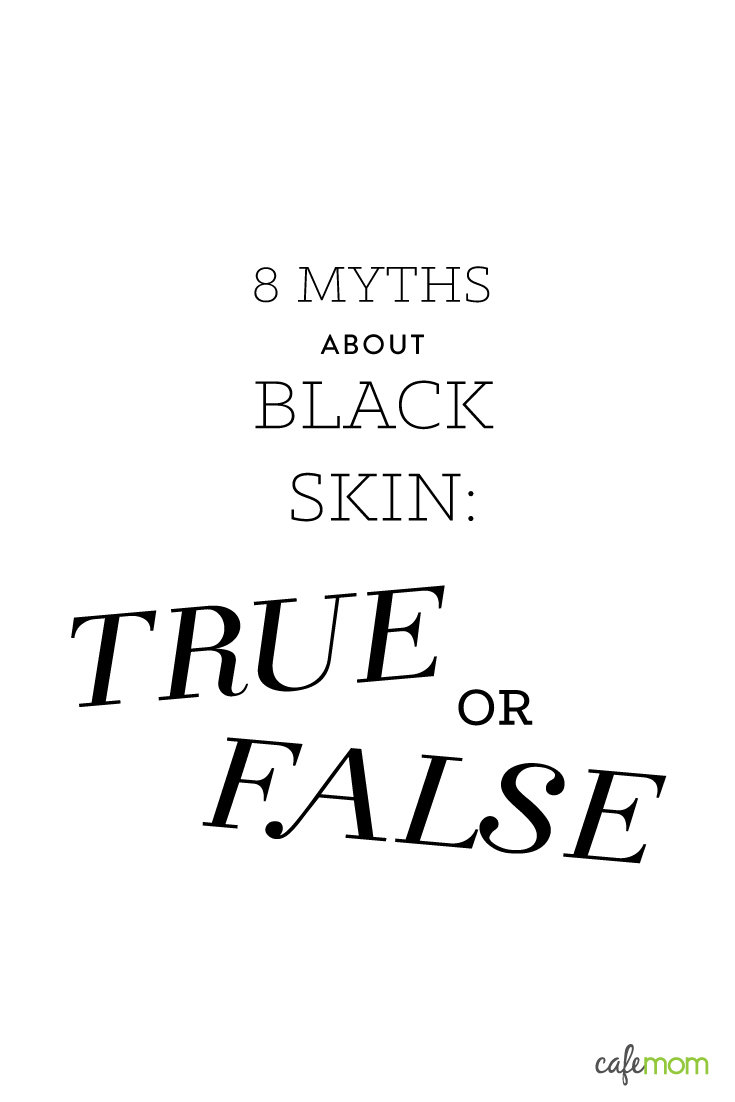
*Image via *iStock.com/PeopleImages; pexels/MetadataFlow
1. Black really doesn't crack (as quickly)
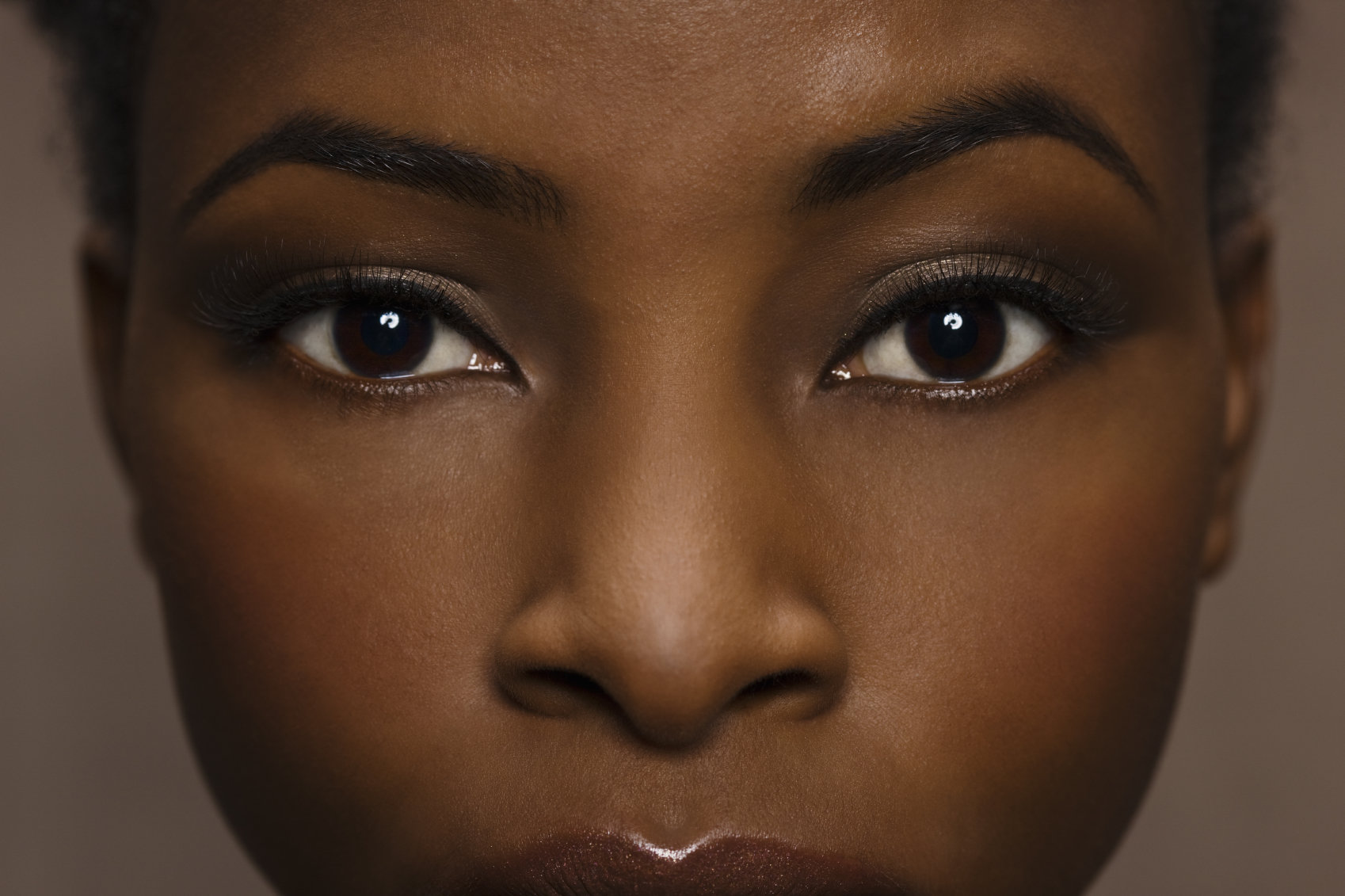
I don't have to tell you the saying, but for those of you who aren't sure what I mean — the saying "black don't crack" is one to describe our vampire-esque (read: ageless) appearance throughout history.
We spoke with skin specialist Bianca Estelle to ask why African-American women seem to age slower. Estelle explained that the aging process can be slowed in African-American women due to a higher collogen count, as well as naturally higher levels of melanin, which serves as protection and a natural anti-aging factor.
So while our skin does eventually age, there is some truth to the old saying! We just get a little more time built in.
2. Darker skin tones can burn
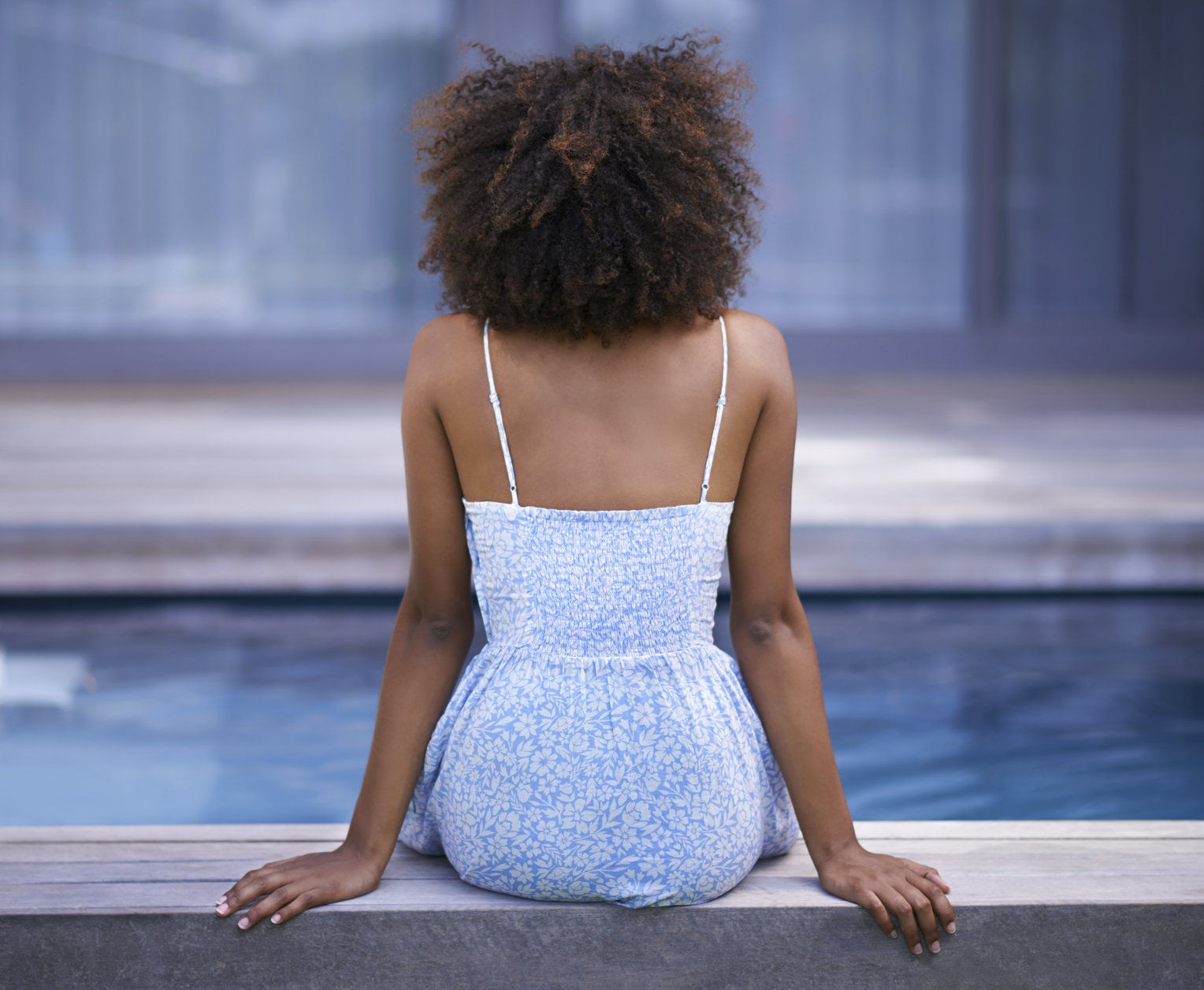
One of the biggest misconceptions is that darker skin doesn't burn and thus, we don't need to practice regular skin protective behaviors. Wrong!
3. You are at risk of skin cancer
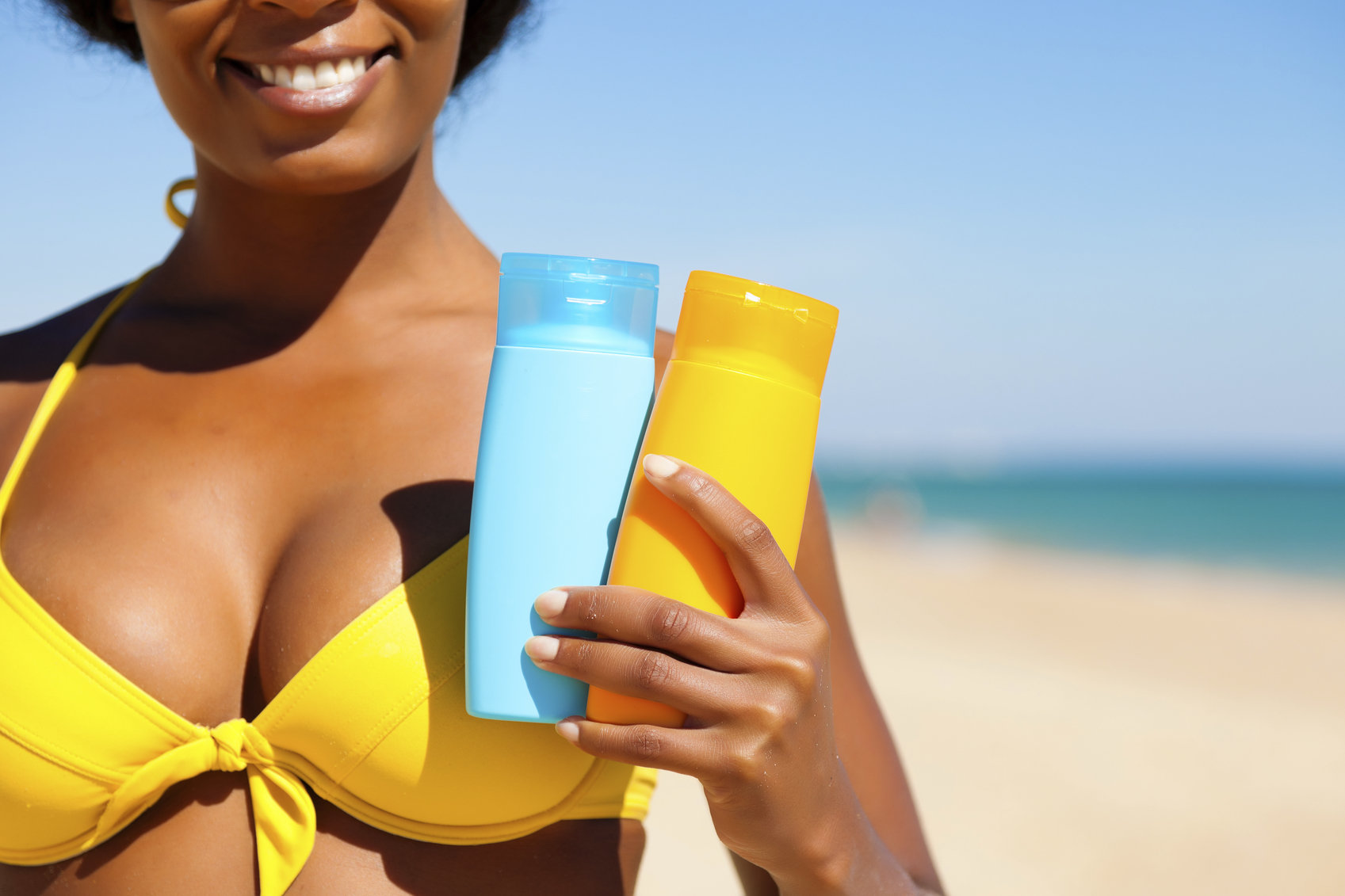
You may have heard your grams or great aunt tell you a time or two that black people don't need sunblock because we're actually invincible when it comes to skin cancer. This is just not true. We're still very much subject to the danger of skin cancer.
So, despite what "wisdom" older generations have passed down to you — pick an SPF.
More from CafeMom: Are You Ruining Your Skin in the Sun? Test Your SPF IQ (TRIVIA)
4. Skin cancer kills
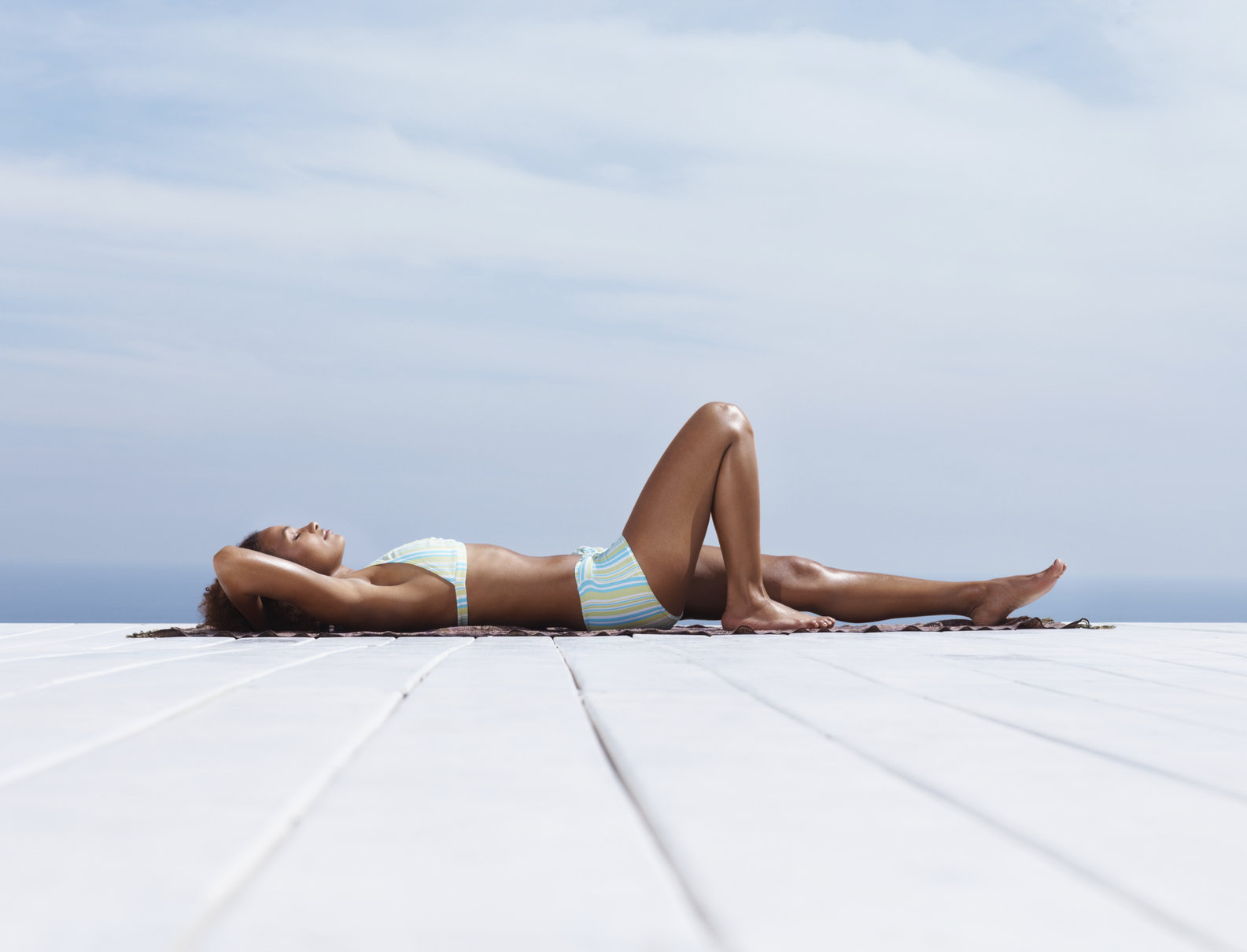
Sadly, the reality is that while it's not as common for us to be diagnosed with skin cancer — it's far more lethal when we do develop skin cancer. Researchers suggest this has everything to do with the aforementioned misconception that darker skin is somehow immune to ultraviolet rays. That's not the only reason, though, because…
5. Watch for abnormalities
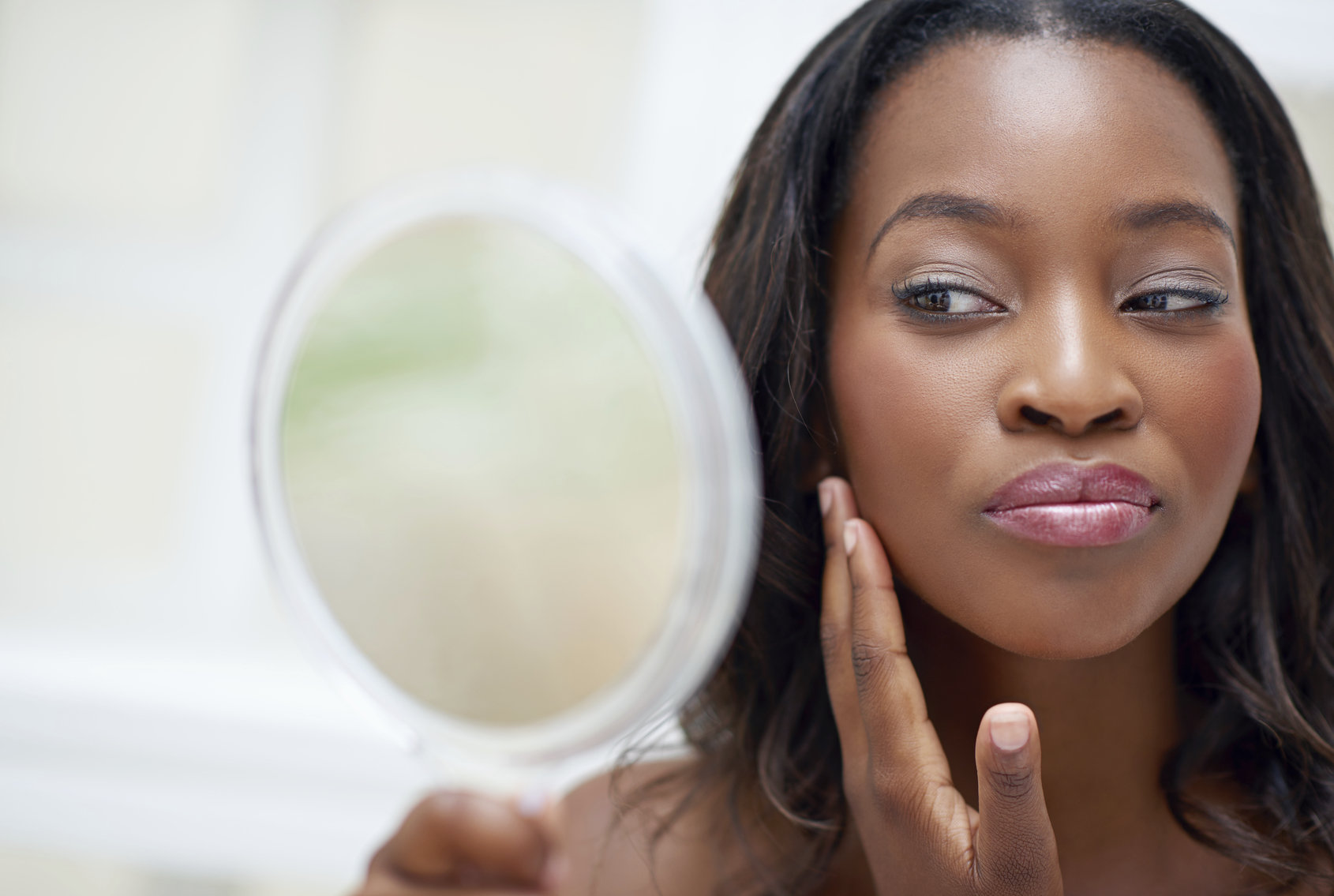
Aside from finding yourself a good SPF, Estelle recommends, "Those with darker skin types should keep an eye on moles that change in the same way that [people with] white skin should."
6. Low SPF is not "good enough"
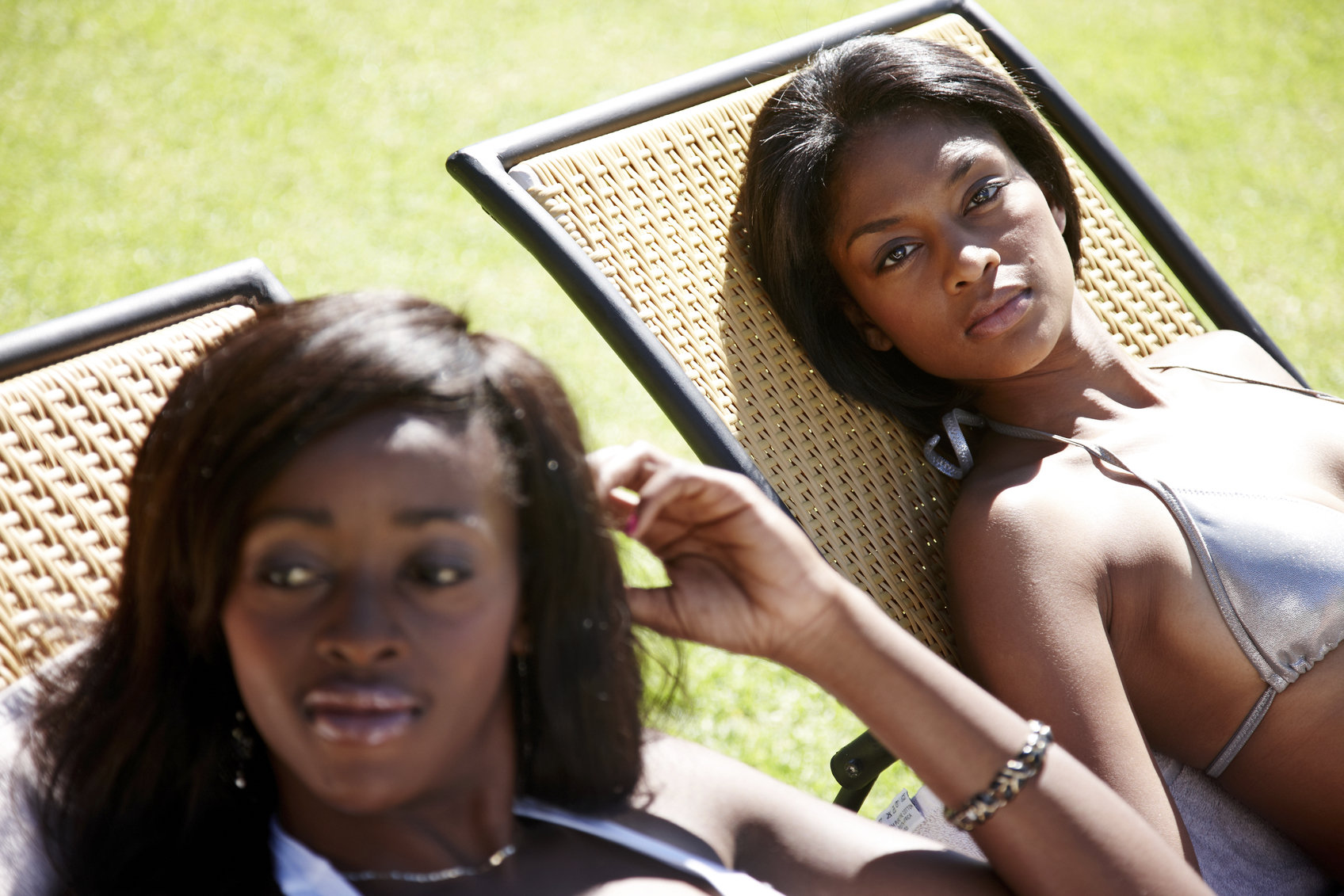
Darker skin tones can, sometimes, hold their own SPF of 13 — filtering two times the UV radiation. However, the standard recommendation is an SPF 15 sunblock — or higher. Estelle recommends an SPF of 30 (can never be too safe, right?).
More from CafeMom: 8 Beauty 'Gimmicks' That Actually Work
7. Natural oils just won't do
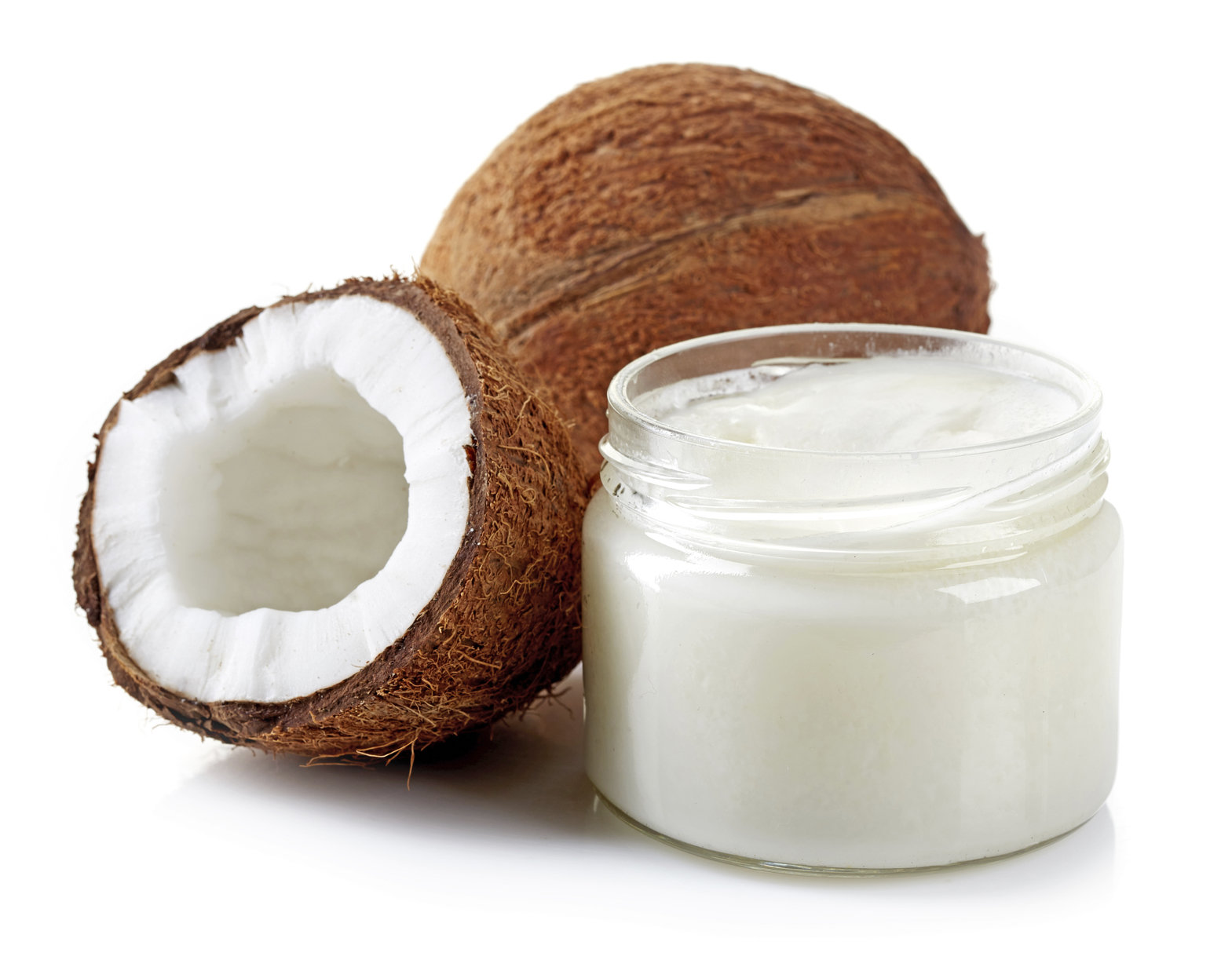
Natural oils, like olive and coconut oil, are able to provide some protection from the sun; however, Estelle says they don't offer sufficient protection, as some such as coconut oil only reach an SPF of 5. Definitely not enough!
8. Evolving is inevitable
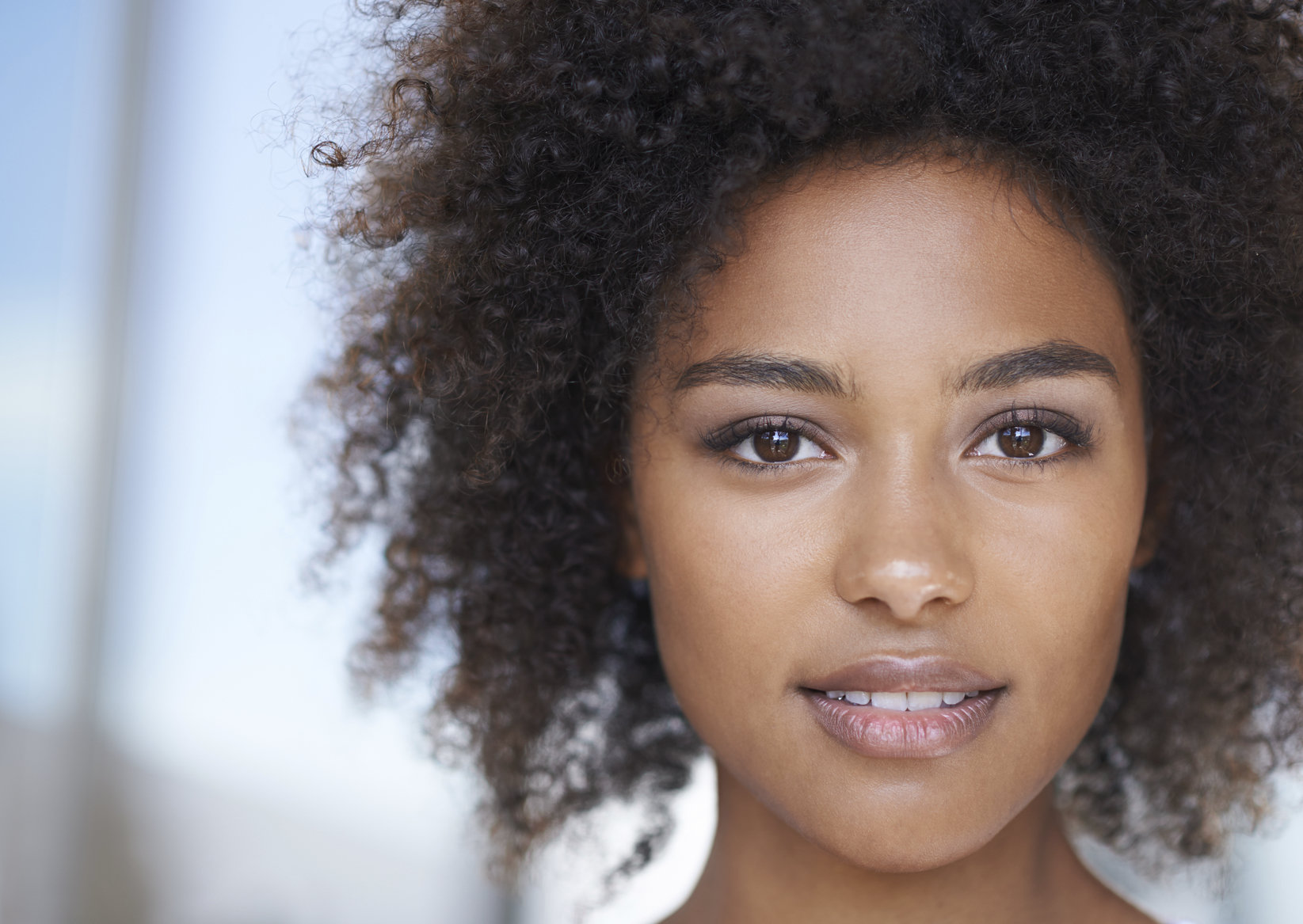
Over time, due to geographical and climate changes, darker skin has grown lighter — Estelle, explained:
As we moved to different parts of the world (i.e, cooler climates) I believe our skin colour changed due to less sun exposure (melanocytes became less active). Essentially, if you stay out of the sun over long periods of time your skin will get lighter — [this is] often referred to as the polar bear effect.
So, yes, staying out of the sun for long periods of time does in fact maintain and eventually reduce skin pigment. (You know — for those of you hoping to hide from the sun in order to maintain your lighter complexion.)
More from CafeMom: 11 Skincare Products to Have in Your Beauty Routine in Your 20s




